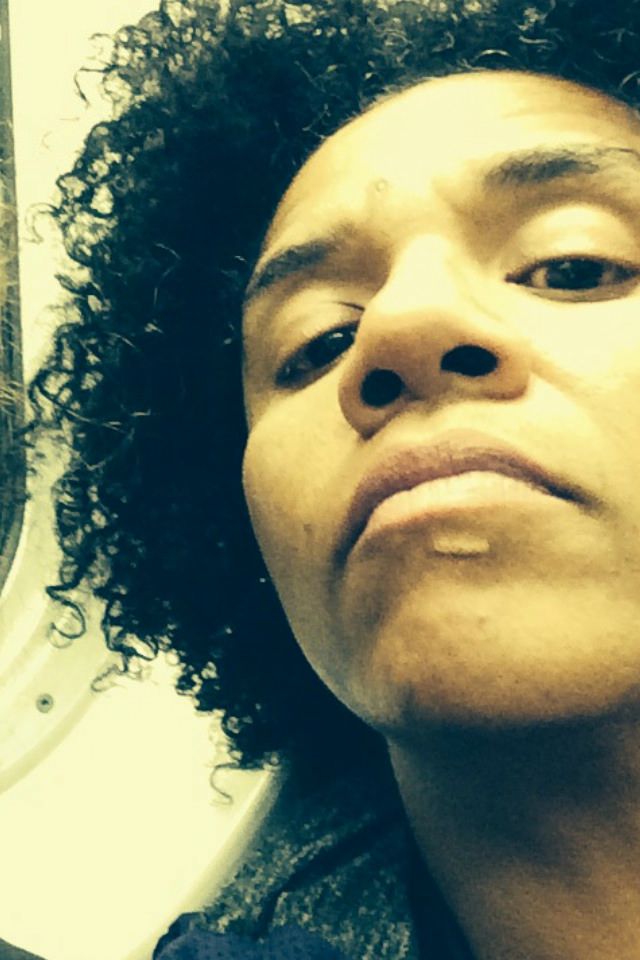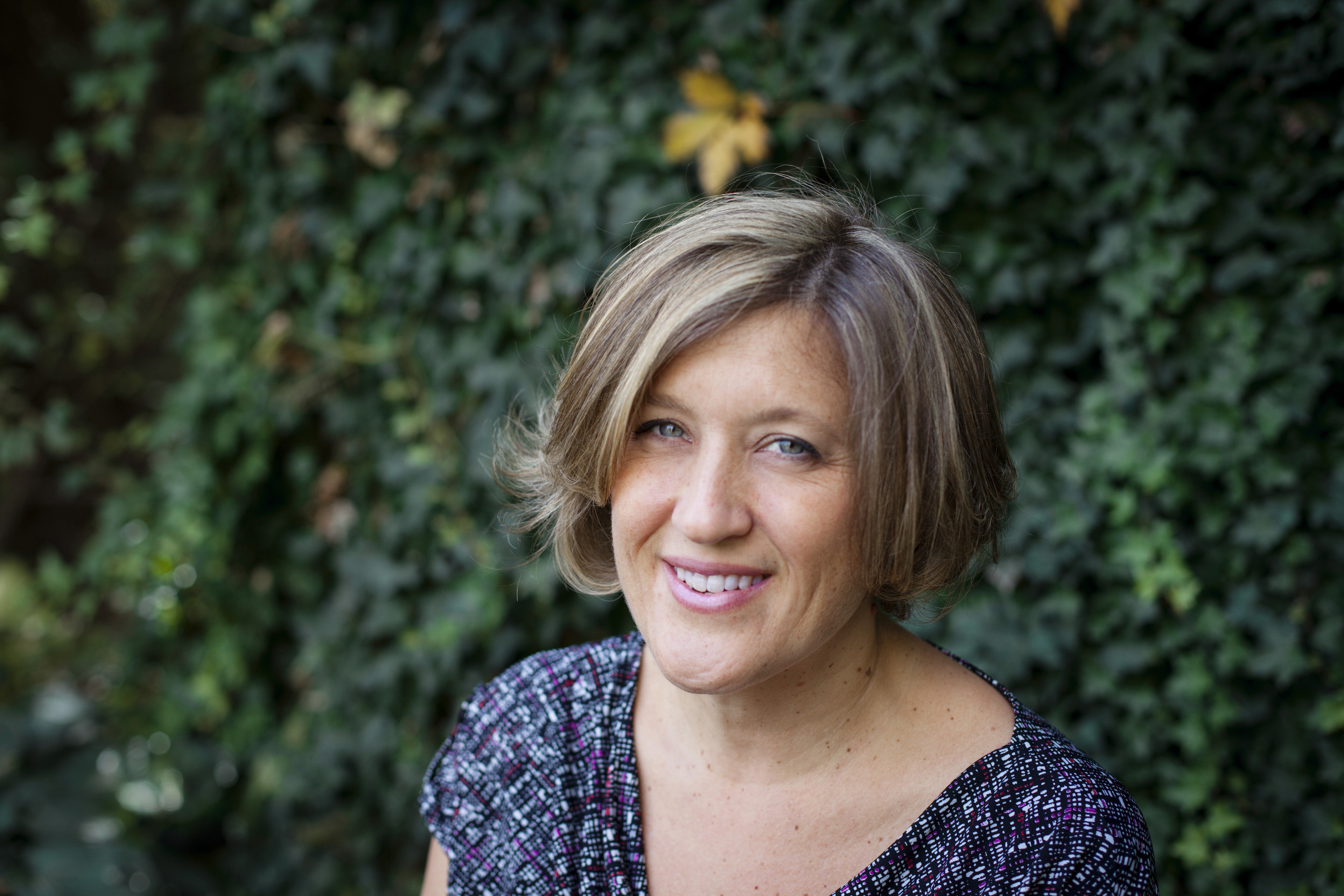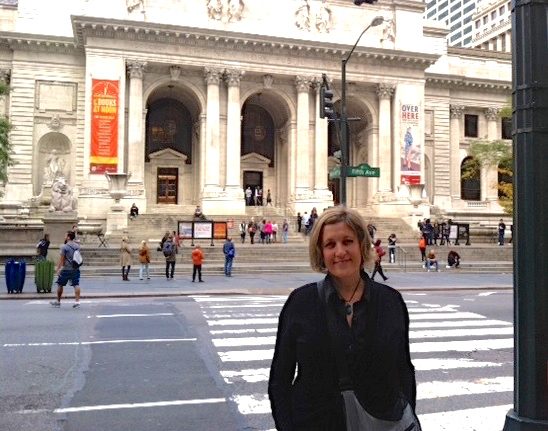R. Erica Doyle is the Brooklyn-based author of proxy (belladonna*, 2013), which won the Norma Farber First Book Award from the Poetry Society of America, and was a finalist for the Lambda Literary Award in Poetry. She is a Cave Canem Fellow who has facilitated other Poets & Writers-sponsored workshops for queer women and transgender and gender-nonconforming people of color and for youth in public housing.

Please, let today not be the day, I muttered under my breath, as I ran around my office, jury-rigging a dummy copy to make into our workshop chapbook. I copied, cut and pasted, printed and folded and cut again, sweating since my office, like most old public school buildings, has a radiator several degrees hotter than the ninth circle of hell. Please, please, not today.
I finally checked: No indictment, read the texts. No indictment, cried the statuses, the New York Times. No indictment. The hope I’d held that we would be different, somehow, that today would not be the day, not that day, broke into shards.
I sat at my desk for a few moments as tears ran down my cheeks. Then, I got up and finished the chapbook.
That night, the students of my poetry workshop Into the Chaos: Poetry Conversations, were reading their work, created over two and half months of meetings at the Cave Canem conference space. Cave Canem had created these workshops for emerging poets of color, with the support of Poets & Writers, to give diverse writers a space to explore their craft within a supportive and safe environment.
My inspiration for the workshop was grounded in a 1980 interview by Audre Lorde where she states:
We must first examine our feelings for questions, because all the rest has been programmed. We have been taught how to understand, and in terms that will insure not creativity, but the status quo. If we are looking for something which is new, and something which is vital, we must look first into the chaos within ourselves.
In “Notes for an Oppositional Poetics,” Erica Hunt explains how our attempts to resist may lead us to replicate the oppressive structures and tired tropes we are trying to write against. Claudia Rankine has recently called on us to recognize the power of the imaginary, in our writing and the world, and to emancipate our imaginations. I hoped for Into the Chaos to be a place to challenge our imaginations in a space where we shared multiple languages, histories, sexual identities, and gender expressions.
Through exercises and readings, small group and whole class readings, free writes and interpretive poetry performances utilizing sound and movement, I supported my students in thinking about their practice, their decisions, and encouraged them to push beyond their own programming. They shared the chaos that night with choral readings, humor, and depth in community with brothers, lovers, and friends.
That third of December, I cried over losing hope for a peaceful existence in my lifetime. That day, my student said she knew our reading was the safest place for her brothers, young black men, to be that night. We looked at the empty seats and knew that some of our friends who would have been here were out there, crying our outrage and pain to the world. That day, we would join them later, and day after day after that. That day, I realized there was no place I would rather be held, and held up right then, in a reticulum of voices gesturing ever towards. That here, we were part of that day, too and we, like this movement, would not be deferred.
Photo: R. Erica Doyle Photo Credit: L. Rubin
Support for Readings & Workshops in New York City is provided, in part, by public funds from the New York State Council on the Arts, and the New York City Department of Cultural Affairs, with additional support from the Louis & Anne Abrons Foundation, the Axe-Houghton Foundation, A.K. Starr Charitable Trust and Friends of Poets & Writers.








